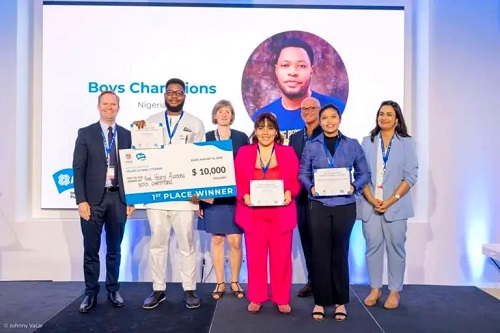Writing Post-Event Articles
Here are some tips to help you write and publish more articles from information gathered from conferences, seminars and other events:
1. Find the themes – Clean up your notes from the conference and then sort the information according to the themes you want to pursue. Chances are, these are the themes that fit into current debates, or fill a need an editor might have expressed previously. Of if you know your subject really well (you are a subject author), you will know which subjects have not been talked about extensively.
2. Create separate documents for each theme, with all your notes from speakers on the subjects all pasted in the one document.
3. Research – the event must not always be your single source for the story, even if you have a number of speakers addressing the topic. Sometimes the speakers will raise more questions than they provide answers during their presentations, so if the information is inadequate, note what is missing and who to ask further questions.
4. Develop different types of stories – You can easily start with “industry response” type of articles, where you ask selected players about the implications of a big announcement made at the conference. If you are well-known in your field or have a column or blog, you can easily do a perspective article (your opinion/analysis) of the matter.
It’s easy to develop how to articles post-event, as speakers at industry conferences provide a lot of insight into how one can do his job better/faster. How to articles are also not time sensitive, so you can continuously mine the conference documentation and conduct further interviews with speakers to develop your stories.
Some of the information you gather may also provide you with the bones of a feature article or two. This type of article takes time and may also require additional time.
Also watch out for industry research and trends unveiled at the conference. Such information can also be used to develop a wide range of articles, which are very popular with daily and weekly publications.
5. Share the work load– If you have generated too many story ideas from the conference, consider collaborating with another writer. Brief the collaborator on the stories you’d like to work on and provide him/her with detailed notes (and presentations where possible) so he gets a clear picture. That will free up your time to finish the post-event writing-ups and move on to other things, without letting the information gathered go to waste.
It is true that you’ll lose some control over the final product, and will have to share the byline and payment, but it’s money you wouldn’t have if the notes were still moldering in your notebook.
Source by Damaria Senne



